Summary
- Genya Shinazugawa challenges the dichotomy of good and evil by consuming demon flesh for power.
- His hybrid state blurs the line between humans and demons, emphasizing the complexity of individual choices.
- Genya’s struggle for acceptance within the Demon Slayer Corps forces characters to confront biases and fears.
In Demon Slayer: Kimetsu no Yaiba, there is a constant battle between humans and demons, and Genya Shinazugawa is a fascinating character who embodies the complexity of the two facets of the series. Unlike his fellow demon slayers, who rely on swordsmanship and breathing styles, Genya’s powers are born from an unsettling source of consuming demon flesh to temporarily harness their supernatural abilities. Due to his unique ability to harness the power of demons, Genya serves as a bridge between two warring factions while also challenging the rigid dichotomy of good versus evil that permeates the Demon Slayer series.
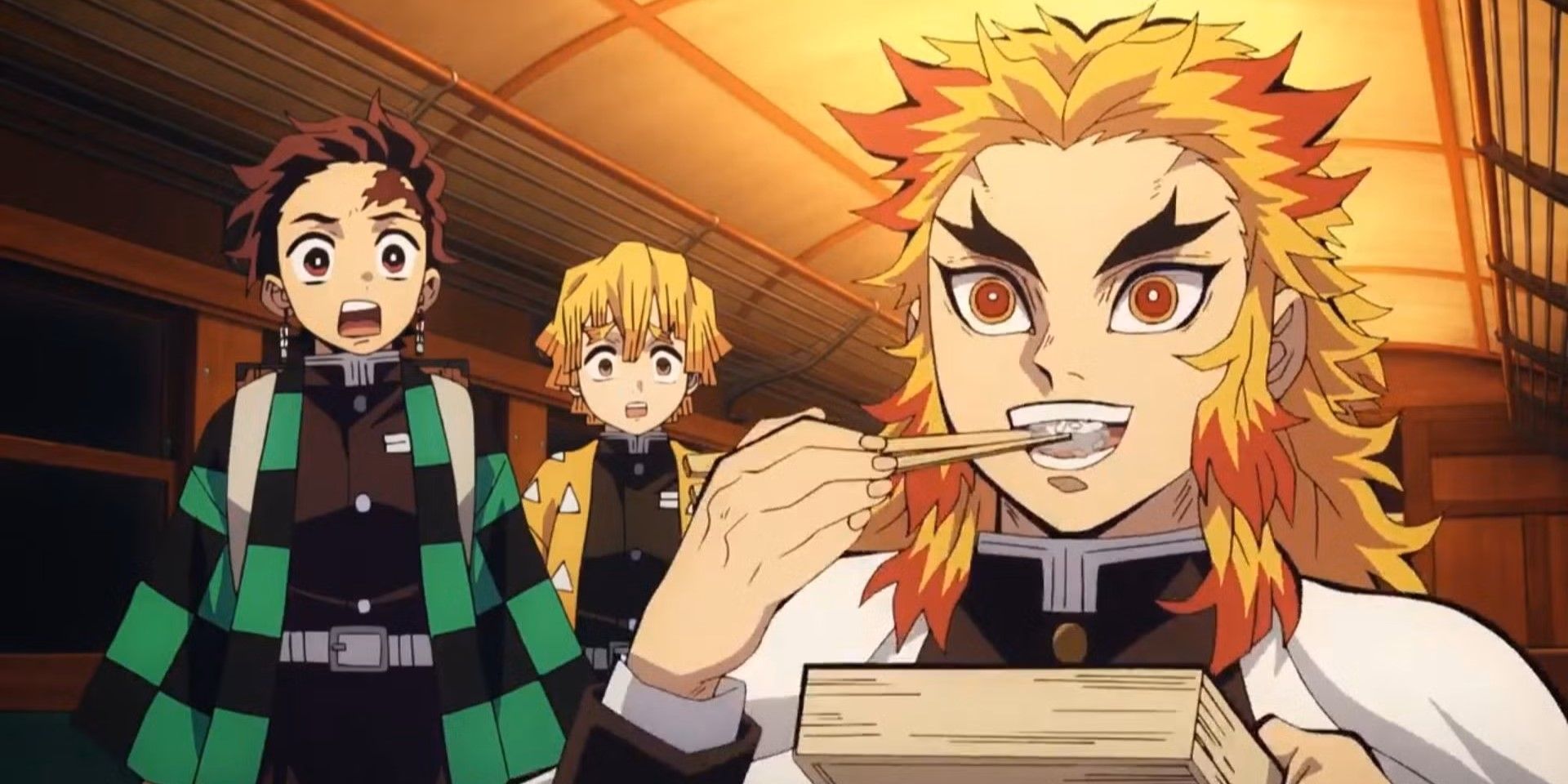
Related
Demon Slayer: Can Demons Eat Human Food?
Demons in Demon Slayer have the insatiable desire to consume human flesh, but can they still eat and live off normal human food?
The Power of Hybridization
Embracing The Monster Within
Unlike other demon slayers who rely solely on their swordsmanship and training, Genya can consume demon flesh, which grants him temporary powers. This fusion of his demon and human parts allows him to gain strength and skills that surpass those of ordinary humans, which blurs the line between good and evil. Even though the act itself is grotesque, Genya’s willingness to consume demons symbolizes a willingness to embrace darkness to combat demons.
Moreover, Genya’s willingness to hybridize with demons raises questions about sacrifice and identity. Is he still human when he temporarily becomes part-demon? And if not, does his cause justify the means? The fact that he still slays demons when involved in this act might make him seem like a hero, but in a way, Genya sacrifices his purity, and this is an essentia quality revered by the Demon Slayer Corps. In the series, his actions demonstrate that strength can emerge from desperation, pain, and a refusal to be powerless.
Also, one of the most compelling aspects of Genya’s character is how his existence challenges the divide between humans and demons. Throughout Demon Slayer, demons are portrayed as tragic figures −former humans who were corrupted by despair, greed, or trauma. Genya’s powers blur this line, reminding fans that humans, too, can possess monstrous qualities and that demons were once human themselves.
In the Demon Slayer series, Genya is living proof that the gap between humans and demons is not as wide as it seems. Contrary to how the other demon slayers address conflict, his hybrid state is like a middle ground. Genya represents an alternate view; even if he is disgusted by his mode of slaying demons, he believes that power does not come from rejecting the monster within but from using it to protect others.
His power is an acknowledgment that the line between good and evil is not always clear-cut. That is, there is no such thing as a purely “good” human or a “bad” demon. An example is Tamayo, a demon who cannot be regarded as good because she must have made some terrible decisions, like devouring humans in the past. However, Tamayo is not essentially a bad person either because of her contribution to the cause of destroying Muzan Kibutsuji. This means that our choices and how we handle the darkness within truly define a person.
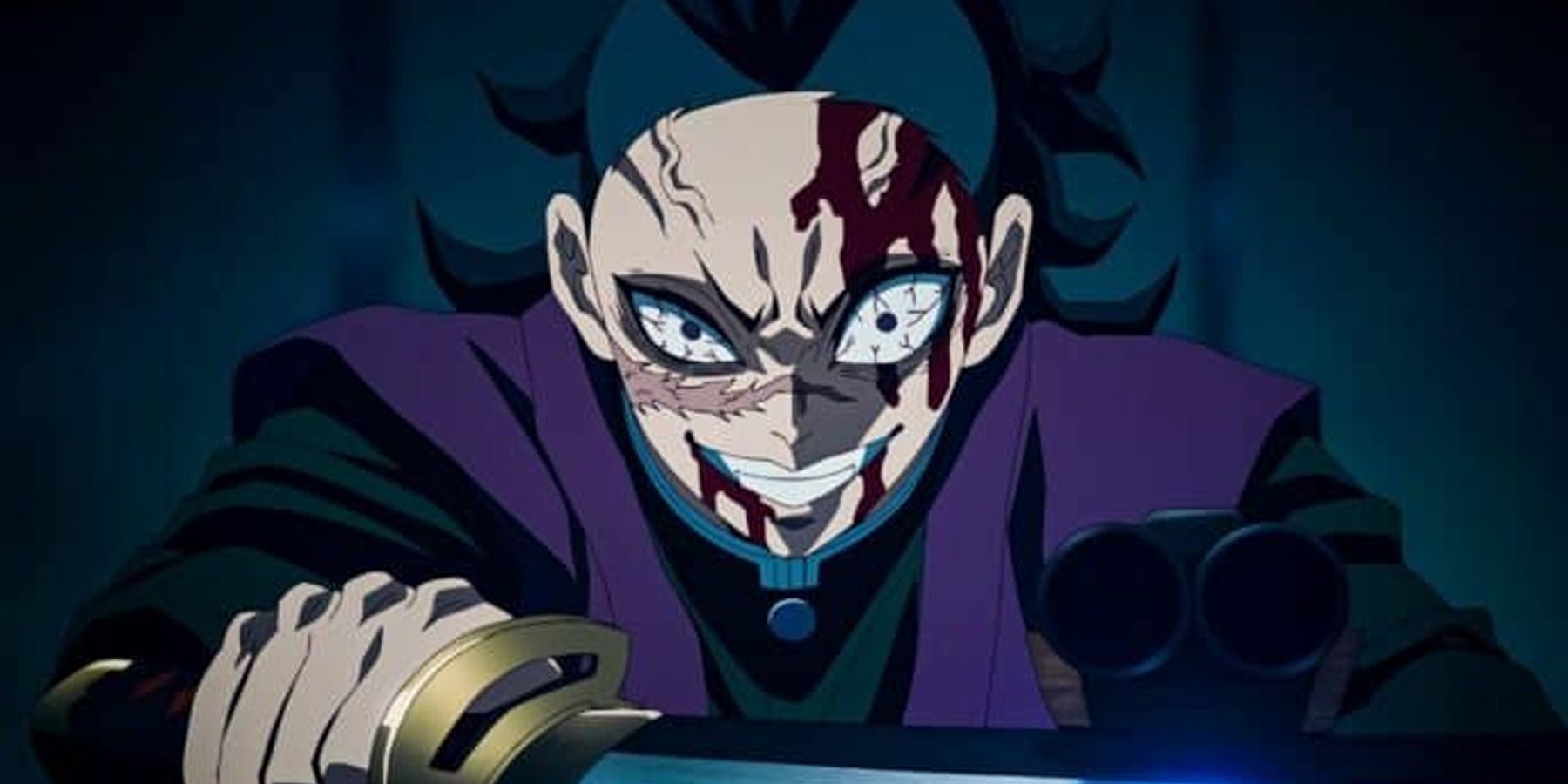
Related
Demon Slayer: Genya’s Fighting Style, Explained
Genya’s fighting style stands out from his peers’. What is it that makes it so unique?
Genya’s Role In The Fight Against Demons
The Inner Struggle For Acceptance
From the very beginning, Genya struggles with a sense of inadequacy and rejection. His inability to use Breathing Styles sets him apart from other demon slayers, making him feel like an outsider in the Corps. This sense of alienation is compounded by his complicated relationship with his older brother, Sanemi Shinazugawa, the Wind Hashira. Sanemi’s hatred of demons stems from the tragedy in his past, and he views Genya’s use of demonic powers as a betrayal of everything the Corps stand for. This rejection hurts Genya, who desperately seeks his brother’s approval. More than slaying demons, Genya’s true battle is to prove his worth not just to others but to himself.
The tension between Genya and Sanemi is also part of the central conflict in Demon Slayer. Sanemi’s black-and-white view of the world leaves no room for nuance, while Genya’s very existence challenges that rigidity. More importantly, Genya’s journey and determination to protect others, even at great personal cost, forces characters like Sanemi to confront their biases and fears. Sanemi’s eventual acceptance of Genya is one of the most poignant moments in the series. Even though Genya’s acceptance by his brother comes in the final arc, it still demonstrates how the power of love and forgiveness can overcome even the deepest divides.
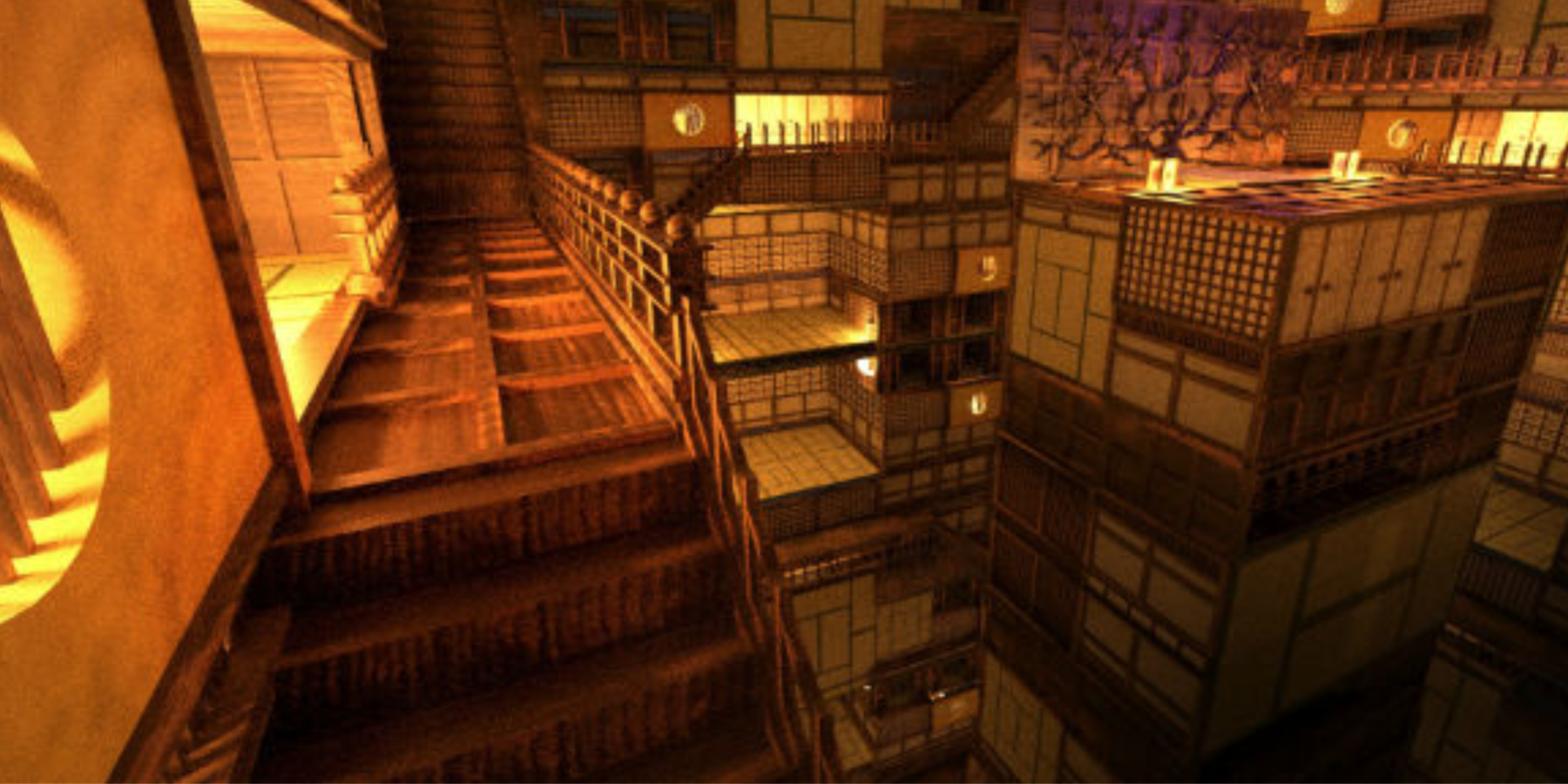
Related
Demon Slayer: What Matchups to Expect In The Infinity Castle Arc
The Infinity Castle arc will deliver unforgettable encounters that highlight the heroes’ and villains’ strengths and vulnerabilities in the series.
Moreover, Genya’s existence challenges the rigid boundaries between humans and demons, which can force other demon slayers to reevaluate their perceptions. He proves that transformation does not have to mean corruption and that power, no matter its source, can be wielded for good. Genya carries the scars of his past, yet he refuses to let them define him. Instead, he uses his pain as fuel to transform his weakness into strength. In the series, even Tanjiro Kamado acknowledges his power and doesn’t make him feel alienated because of the source. Genya’s powers and his willingness to use them to fight for humanity create a powerful message in the series. He shows that even the darkest parts of ourselves can be harnessed for good and that redemption is always possible, no matter how far one has strayed from the path.
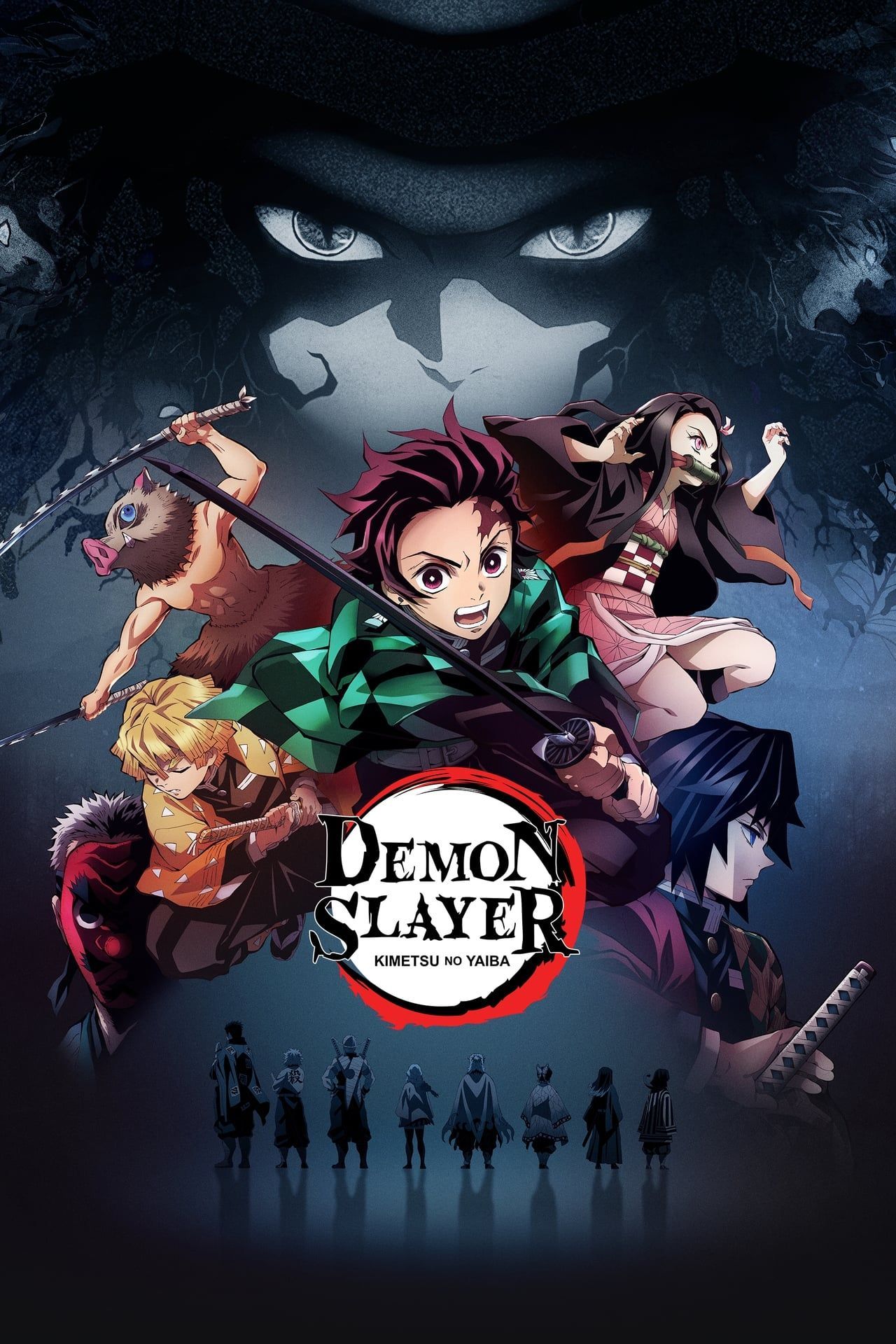
Demon Slayer: Kimetsu no Yaiba
- Release Date
-
April 6, 2019
- Seasons
-
5
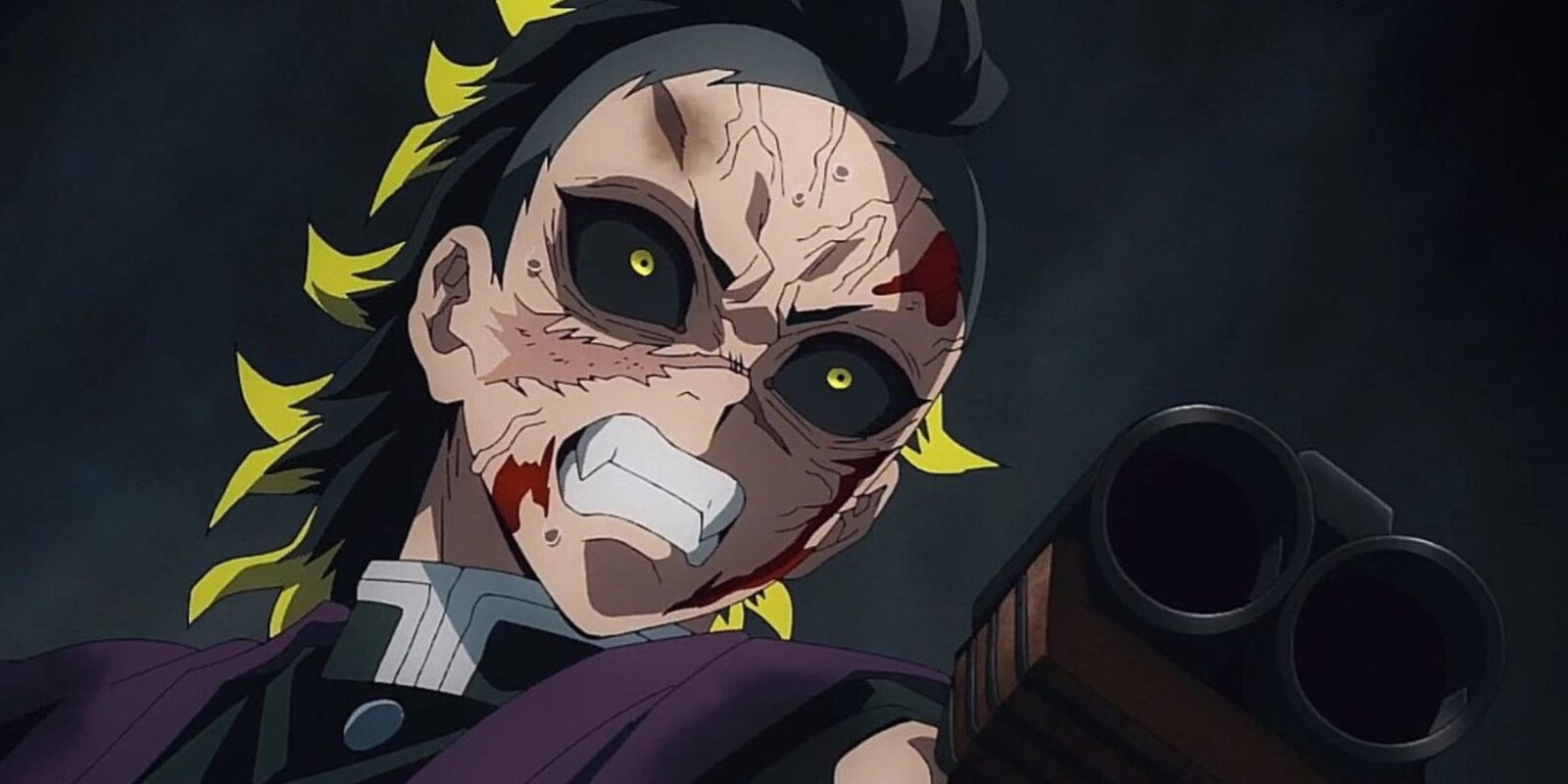
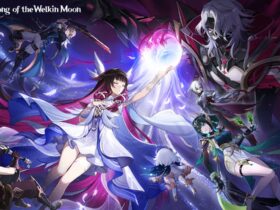
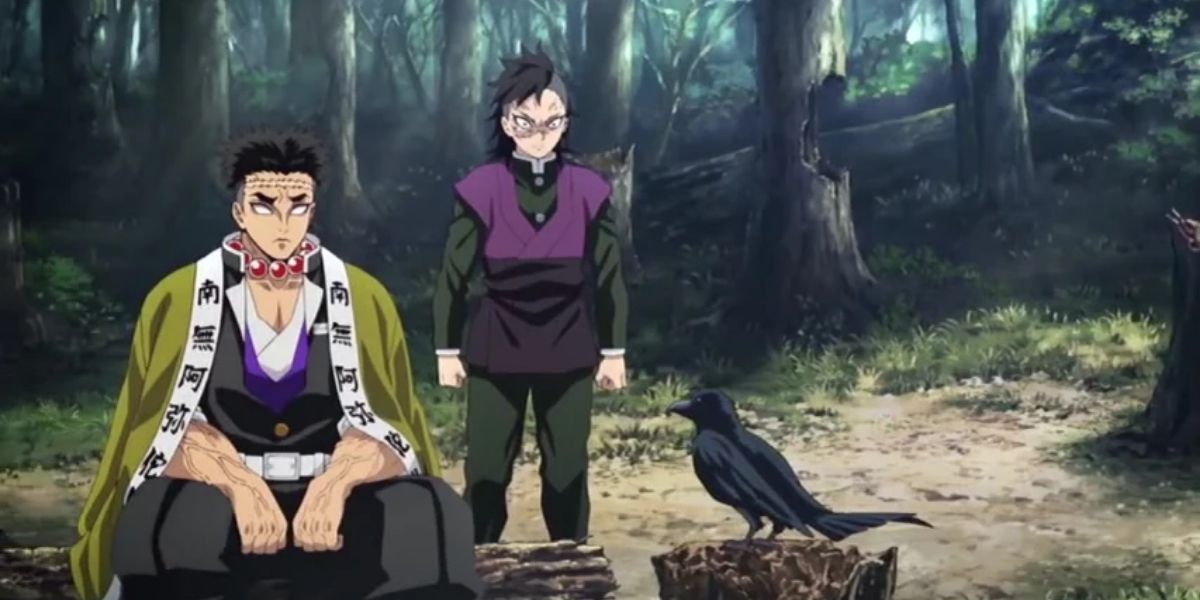



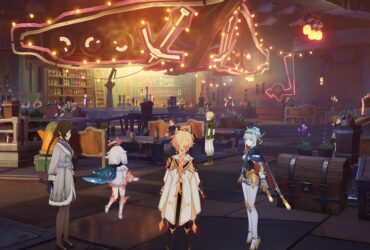





Leave a Reply